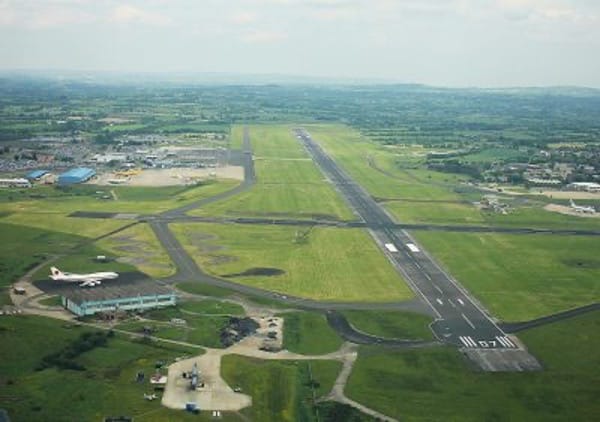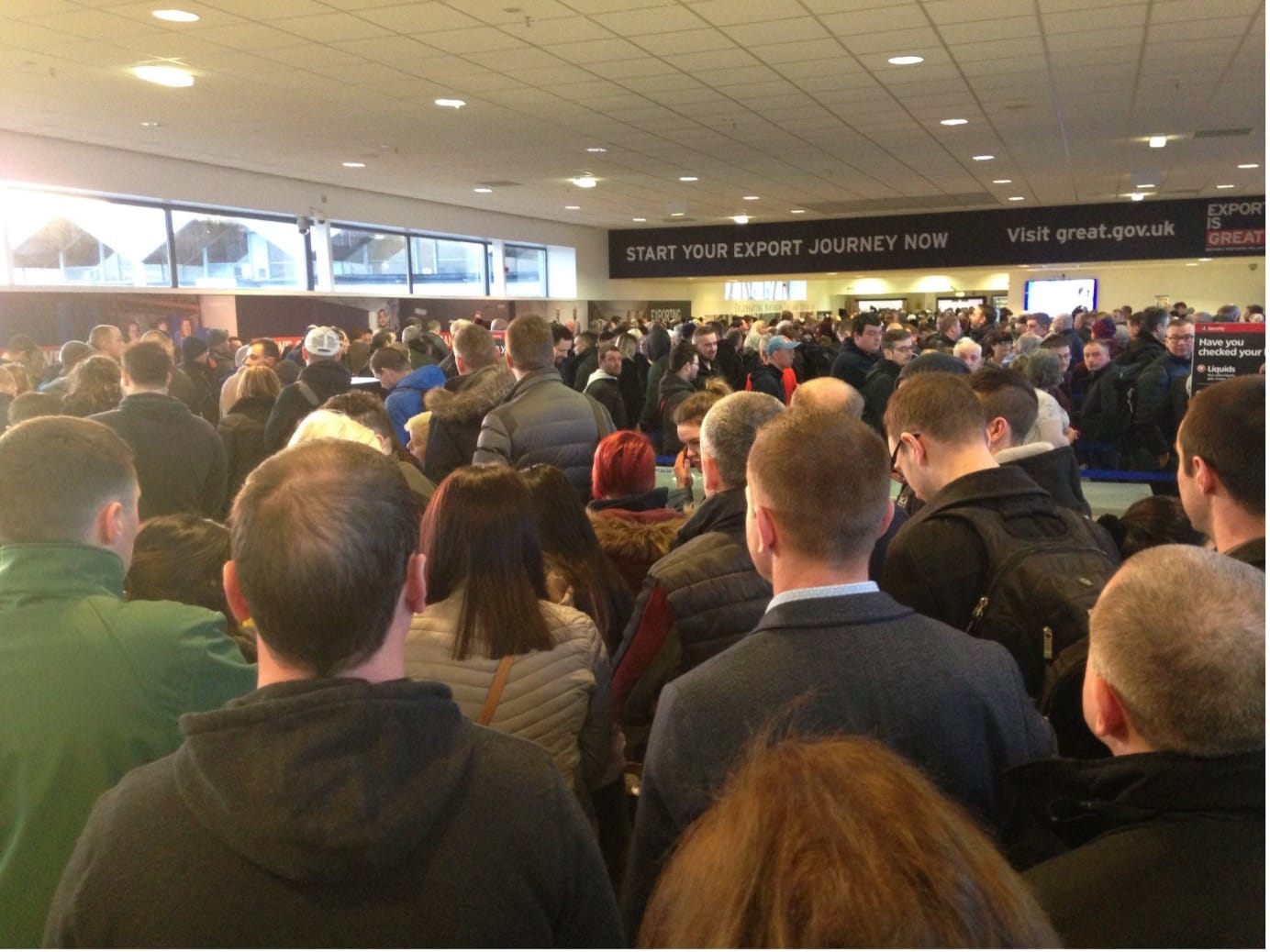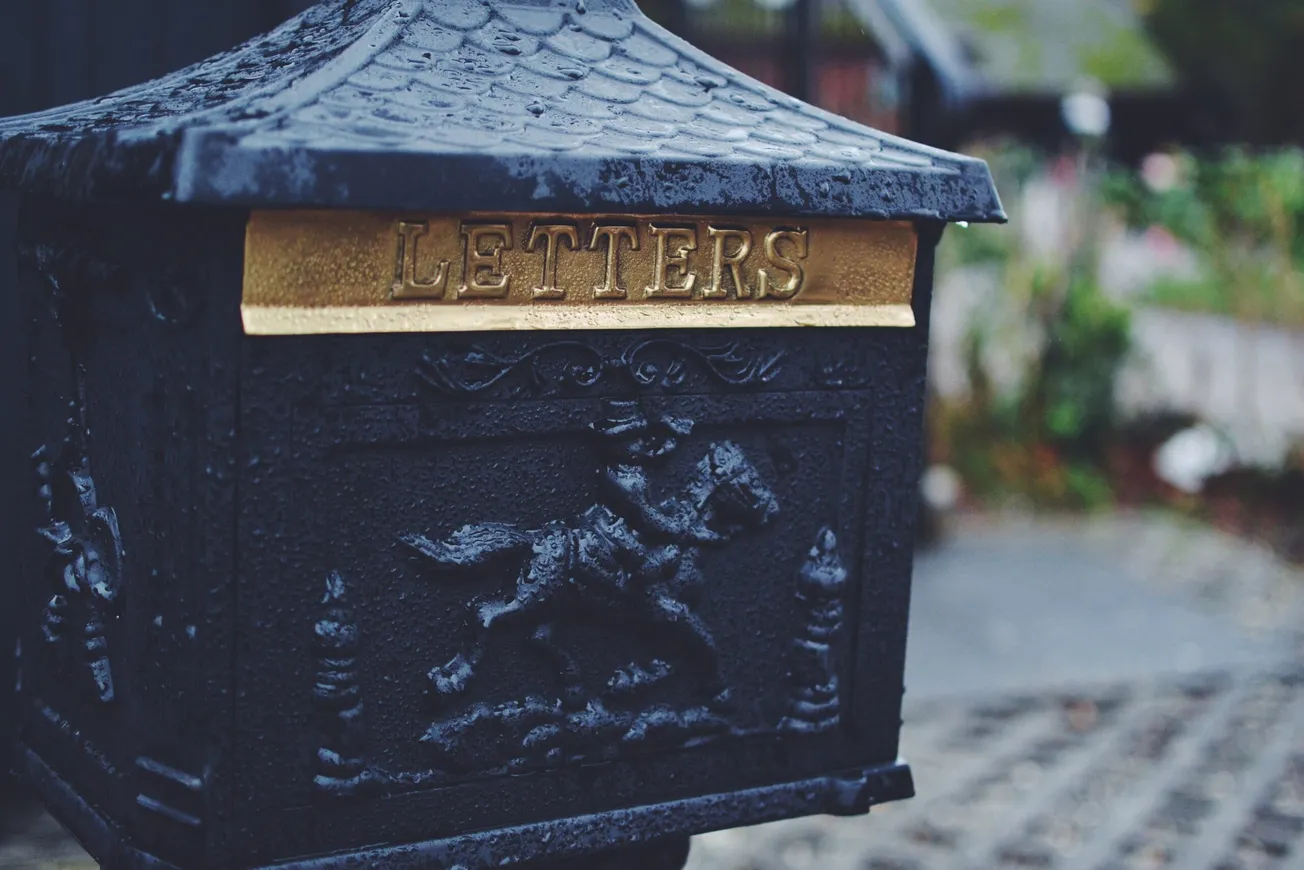Table of Contents
February 11th, 2022.
In the UK, things are slowly getting back to normal. I had the delight of a day in Belfast to attend a seminar on peacebuilding in a post-conflict society, but more of that later.
It is a few years since I was last in Belfast and then I flew into the City (George Best) airport, which unfortunately has noise and capacity restraints. This is such a shame as it is a wonderful, clean, efficient airport and only 5 kms from the city centre. This time I flew from Bristol, another great regional airport with efficient security, well manned with pleasant smiling staff and speedy processing. Airside the facilities belie its small size. Car parking is less than 5 minutes from the terminal and is well organised. The long term parking is available further out. It really is a relatively stress-free way to travel from here.
I flew into Belfast International airport, 21 kms from downtown Belfast. What a contrast! It is a total dump. I have travelled through far superior airports in the third world. It is shabby, run-down and scruffy. My return flight gave me time to look around a little. Airside facilities are sadly lacking and by 6 pm many of the refreshment outlets were closed. It took 40 minutes to clear security as they had two lanes open for a scheduled six departures in an hour. The staff were understandably stressed and were rude, domineering and stroppy.
The infrastructure is dated and needs a lick of paint. Apparently, this is typical of many reviews, so they weren’t just having an off day when I went through. A total embarrassment for Northern Ireland.


Anyway, enough whinging!!
The seminar was fascinating, examining stages and techniques of peacebuilding in post-conflict societies. It included such things as the importance of symbols and memories. The removal of unfair treatments and the participation of different parties in the building of the nation.
In particular, the importance of removing clash points between different ethnic groups and interested parties was stressed. One point that struck me was the concept of ethnic entrepreneurs and harmful elites. These are people who try to take advantage of the situation for their own benefit without due regard to the needs of their own group or the healing process.
The main strategy for neutralising harmful elites is to promote moderate politics in highly divided societies. Memory initiatives should explore and publicise the diversity within ethnic groups, rather than treating them as singular blocs in which people are all the same.
Peacebuilding should be used as a term that denotes a focus on preventing conflict, ending existing conflict and securing long-term peace
The memorialisation of a peacebuilding event is important and this should have been the purpose of Waitangi Day but it has gradually been overtaken by the action of ethnic entrepreneurs. (See above).
What was fascinating (to me at least) was the discussion that took place regarding New Zealand, which from the Treaty of Waitangi onwards has implemented classical peacebuilding techniques before they were ever recognised as such. It was pointed out that recent events in New Zealand, especially since Jacinda Ardern has been in power, display almost the opposite of peacebuilding. It is almost as though all the peacebuilding techniques are being applied in reverse, with the majority population’s wishes and interests being sidelined.
The general consensus was that there was a danger of a country developing a pre-conflict situation with the danger of sliding into a collapse of a society. This would be accelerated by economic stress and ever more stringent laws and edicts being introduced.
I could go on with more details of the academic theories discussed but have tried to give a summary of some of the views expressed. I worry for my country.
The danger is that the situation will deteriorate to such an extent that emergency powers will be needed to maintain order, entrenching the power position of the group governing the country. It will be a long road back from this.









